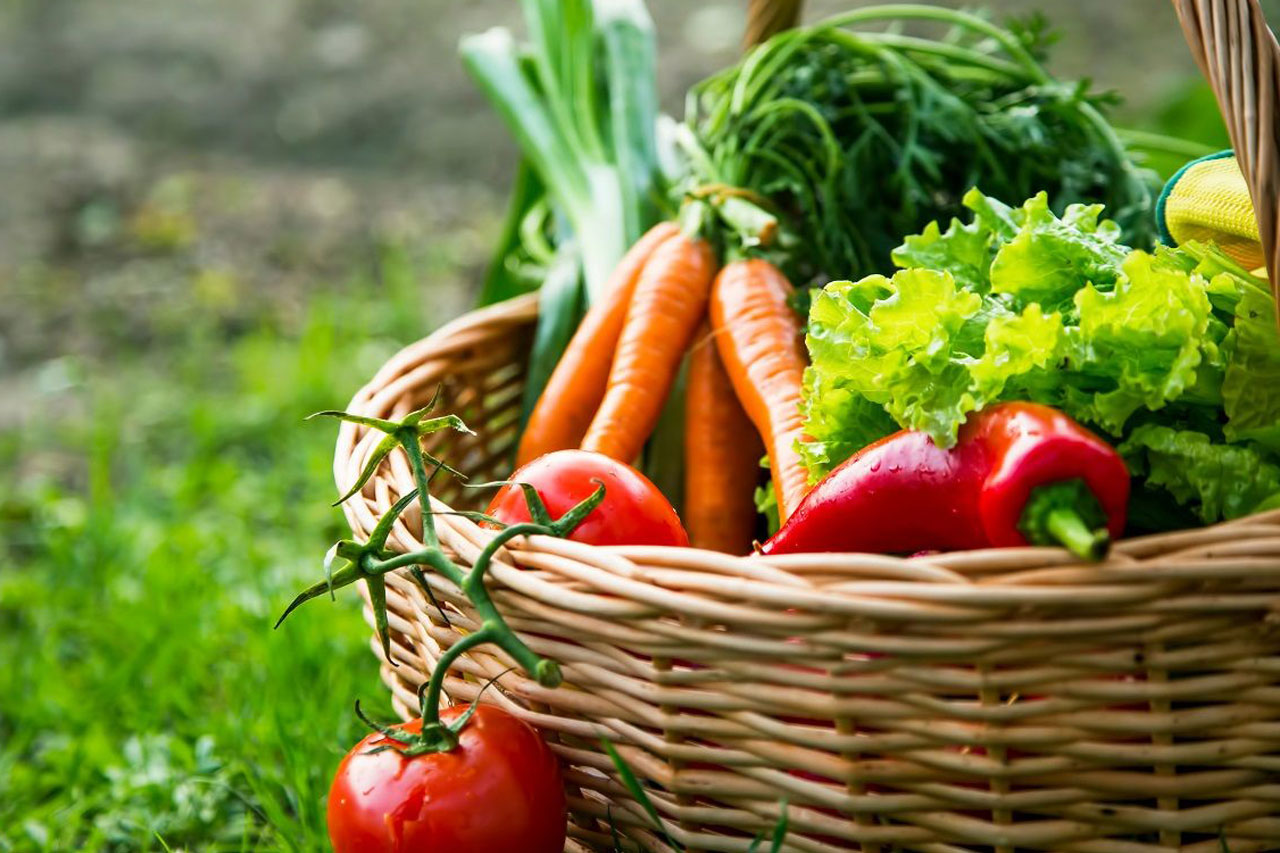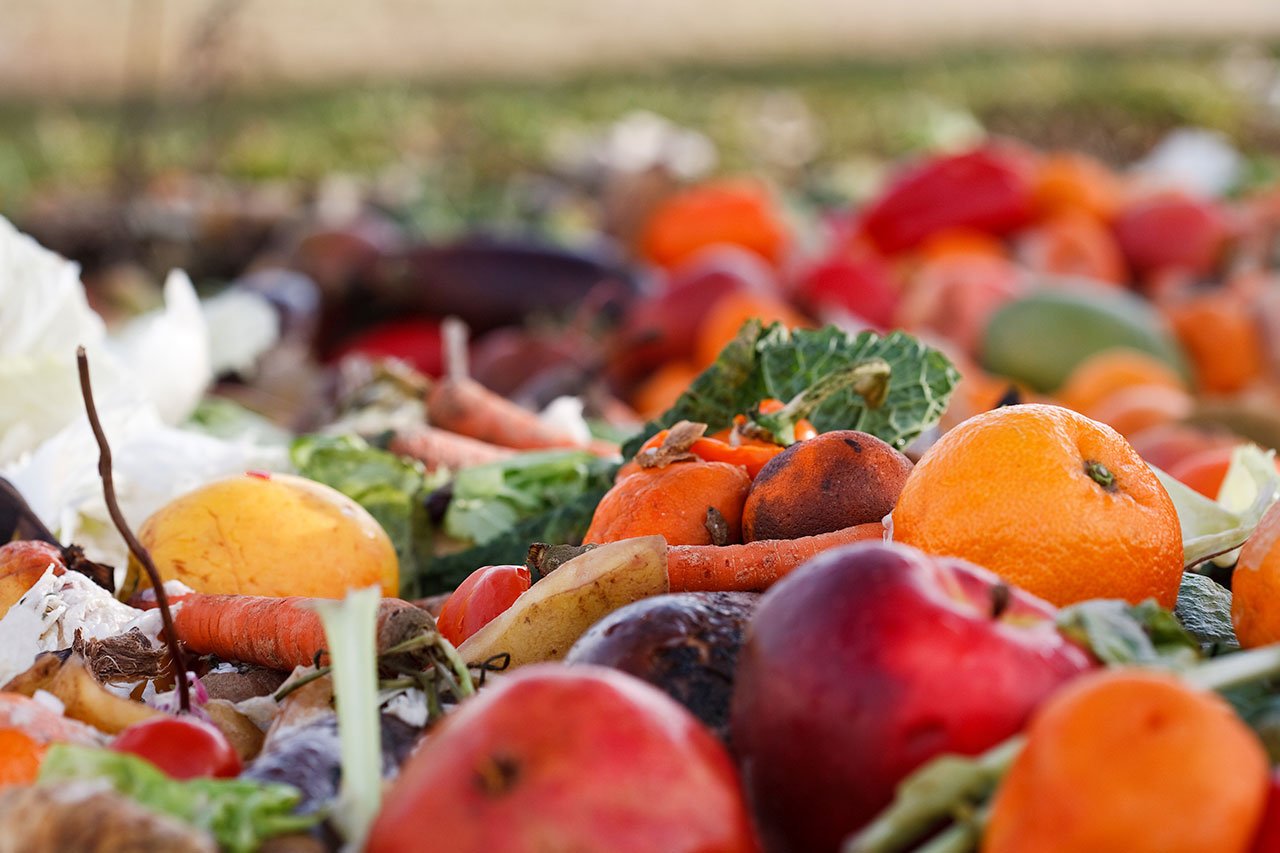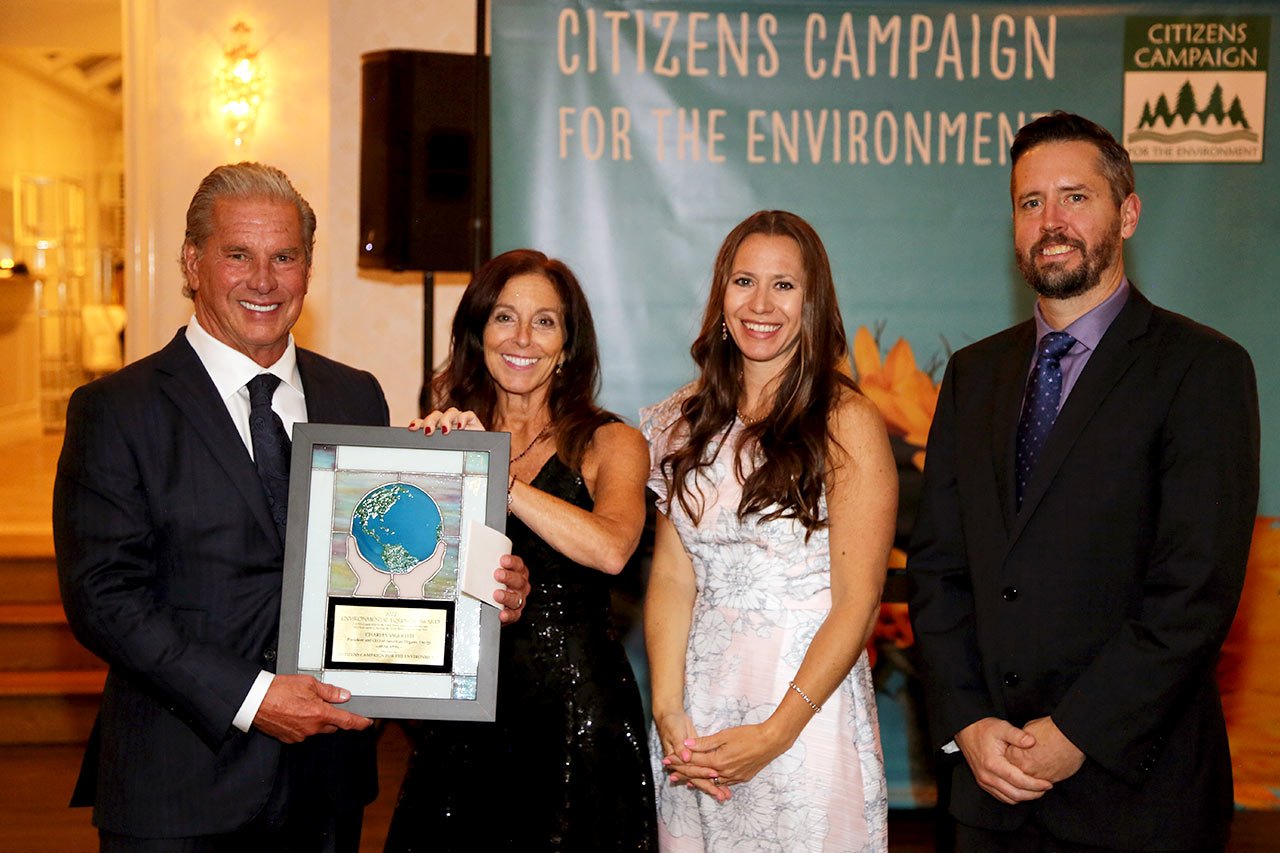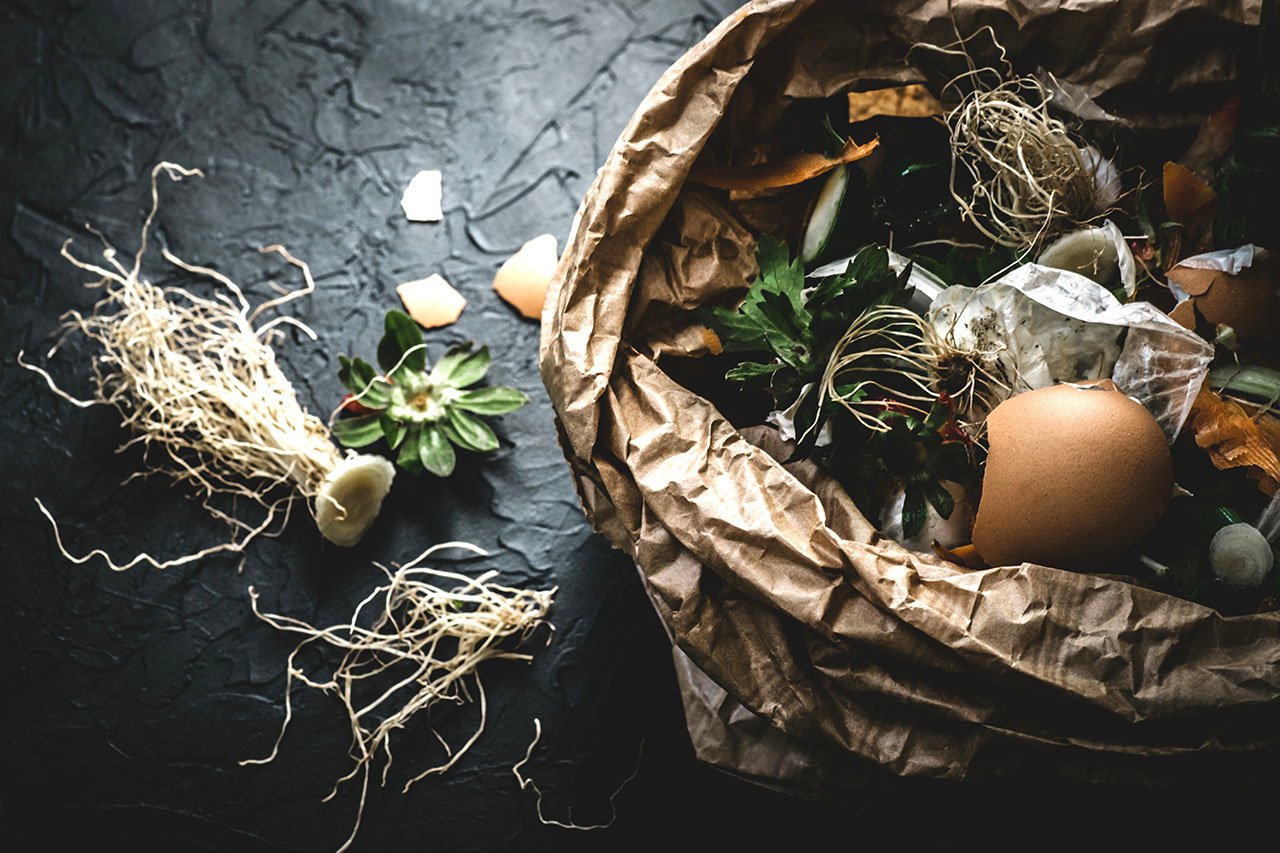During the best of times, organic gardening provides a sense of autonomy for those who wish to be independent of national food systems and find sustenance through the growth of their own nutritious produce.
Given the current climate and effects of COVID-19 on the economic foundation of our food supply, now, more than ever, many are turning to this tried and true methodology as a viable source of both stress relief and nourishment.
Garden Variety
Organic fruit and vegetable gardens are fairly simple to break ground on; they require a minimum of six hours of sunlight daily, water, seeds or starter plants, and fertile, well-draining soil.
Depending upon your available real estate, these gardens can take form in beds or containers. It’s advisable to narrow down the type of produce you wish to grow prior to mapping out the ideal location for it to properly flourish. Typically, fruiting plants—tomatoes, peppers, eggplants, squash, cucumbers, and berries—require a bit more direct sunlight, whereas containers are particularly well suited for the likes of salad greens, carrots, squash, potatoes, Swiss chard, herbs and bush/pole beans.
Be sure to consider the plants’ mature sizes when selecting containers or designing your garden environment; in some instances, inserting a trellis or some sort of vertical support for climbers may be necessary. Miniature, dwarf, and patio varieties can often be used in containers, while veggies like squash, cucumbers, and melons require a sizable section of real estate to comfortably spread out. Take note to leave adequate room between beds to safely water, weed, and harvest without disrupting surrounding plants.
Care & Cultivation
When it comes to caring for your garden, water and soil remain the most integral components to ensure the long-term success of your produce production.
Most fruits and vegetables require an average of 1-2 inches of water per week, more during hot, dry spells. By watering during the morning hours, this will minimize the risk of plants developing fungal, mold, and mildew diseases, which occurs when excess moisture couples with cooler evening temperatures. In all cases, direct water to the roots is preferable to overhead; likewise, it’s best to water deeply and less frequently, rather than sprinkle daily, if possible. Containers should be equipped with drainage holes and may demand more frequent waters, as the soil has a tendency to dry more quickly in compact environments.
Ideal soil should be loamy—equal parts clay, sand, and silt; a combination which can be achieved by adding compost when needed. The addition of this organic matter—spread in 2-3 inch layers over the surface—greatly improves drainage and enhances water-holding capacity, while simultaneously adding necessary nutrients, suppressing disease, and discouraging harmful insects. By allowing moisture and air to more easily reach the roots, organic matter reduces the need for supplemental fertilizer in many cases, although a slow-release variation can be added to achieve ideal pH levels, if necessary.
The Organic Solution
Long Island Compost locally manufactures organic compost, soil, and mulch for distribution, comprised of a combination of organic ingredients and virgin forest materials. Contact us today for a list of locations that carry our custom brand.








